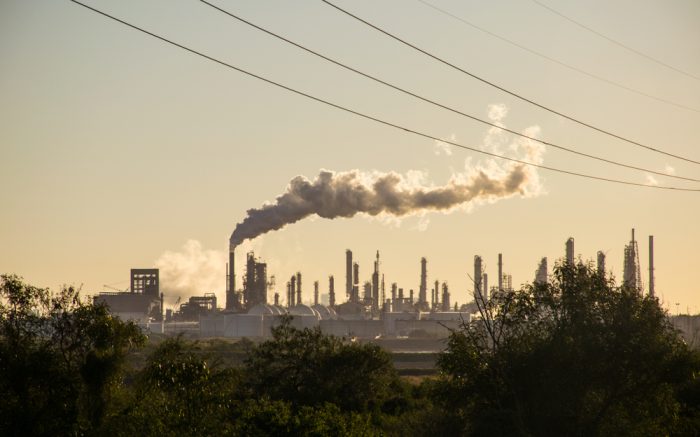Willis Towers Watson (WTW) has expanded its Health & Benefits Scout tool to include two new models focused on social determinants of health and climate risks in the US.
Taken together, WTW said these models can assess the impacts climate will have on employee health.
The first identifies the economic, social and clinical resources that families have and need, based on where they live in the US. The second climate model highlights these vulnerabilities enhanced by a changed climate across the entire US.
These expanded models use data from the Robert Wood Johnson Foundation and the Centre for Disease Control (CDC) to present clinical prevalence such as cancer or diabetes, and non-clinical resource accessibility such as food access and transportation.
The climate model can focus on regions where agricultural and construction workforces experience a high number of days over 100 degrees Fahrenheit, a temperature at which the body begins to show impacts of heat stress.
For example, workers in California’s Central Valley can experience these conditions between 75-90 days per year. Climate models estimate such conditions will increase to over 100 days by 2050.
Provided all other conditions stay the same, WTW revealed this has the potential to impact heath and productivity in “significant” ways.
WTW added that while the Scout system is US-based at present, there are collaborations underway globally to widen the firm’s focus connecting people strategies with scientific climate risk quantification.
Drew Hodgson, national health care delivery leader at WTW, said: “The impact of heat stress, drought and flood are just some of the challenges facing employees today.
“The Scout tool can help employers identify the HR and benefits strategies needed to address these issues, for both their physical and mental wellbeing.”
Nidia Martínez, director of climate risk analytics, climate and resilience hub at WTW, added: “The launch of these Scout models is another step towards helping clients manage climate risks and move towards a more resilient workforce and business.
“Combining our deep analytical capabilities on climate with our health and benefits expertise allows us to use a holistic approach in addressing the evolving need of business and social response to climate emergency.”
